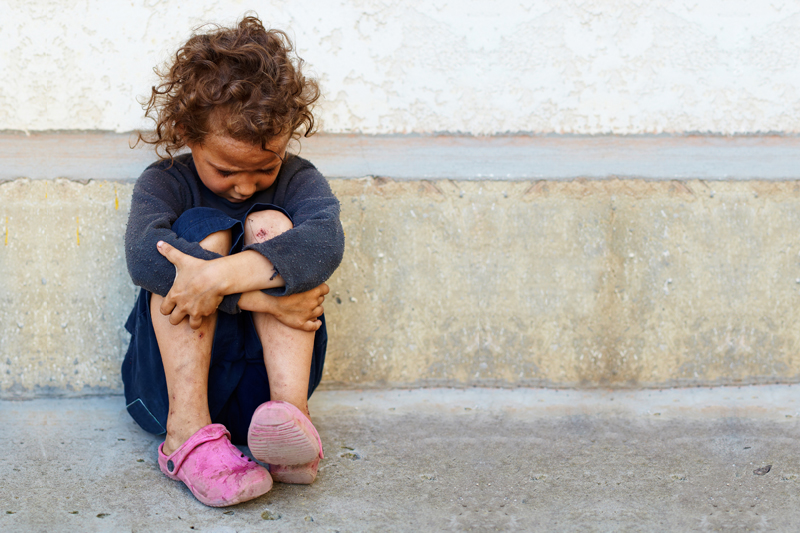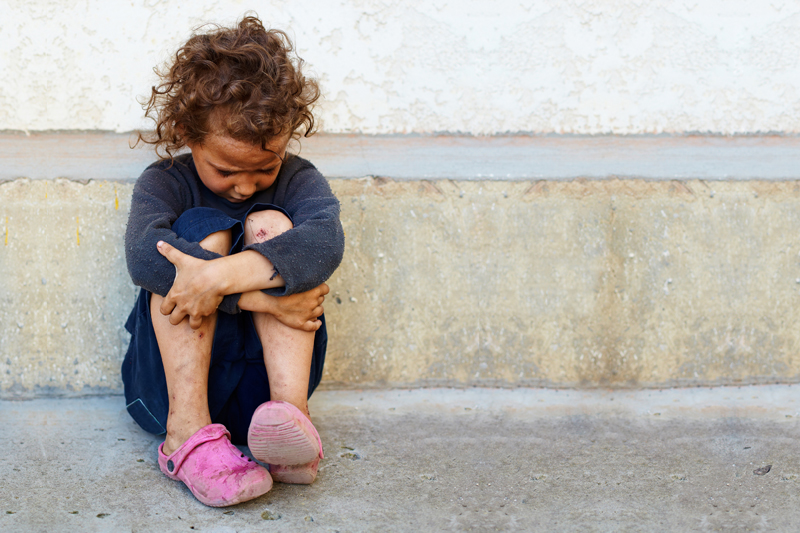Teens and Internet Laws

She is just 14, living in the north east, a typical teenager by many standards, yet soon the law may required her to register as a sex offender. At fourteen, you may wonder what she could have done to do face a lifetime as a registered sex offender. The reality is many teens are participating in what he or she may believe is seemingly harmless behaviors by sending or posting semi-nude or nude pictures of him or herself.
This is a topic visited here before and appears to be one that will continue to be a growing issue in the future as underage adolescents unintentionally break the law, and states struggle to define child pornography.
United States Federal law defines child pornography as the visual representation of a child or children under the age of 18. This includes showing a minor engaging in any kind of sex acts such as intercourse, oral sex, or masturbation. The law also includes photographs of a private body parts.
In reality, defining what images depict child pornography is hugely debatable. Consider the pictures a new parent takes his or her baby taking their first bath. According to Federal law, this parental snap shot of a childhood milestone is essentially child pornography. Yet, child pornography is largely subjective. This means that what you consider pornography someone else will simply see a picture of a nude child.
In deciding, what images constitute child pornography one must consider the overall picture (no pun intended). Does the picture focus on the sexual organs? Are children participating in adult sexual acts? Since the development of the internet pornography and even child pornography is easily obtainable.
Although there are laws like the Child Online Protection Act that help classify what is child pornography online, the law falls short when it involves teens who may not realize that by posting his or her own naked pictures online, in email or even through a cell phone text message is considered violating federal child pornography laws.
The 14-year-old New Jersey girl posted nude self-portraits on a My Space page for her boyfriend. The girl faces child pornography possession and distribution charges, and if found guilty, she will be a sex offender. This means she cannot live within 500 to 1000 feet of a school, daycare, or facility that services children and can never work with children in a job setting. Every time she moves in her lifetime, she will have to contact local authorities and register her address.
I have been writing about sexting, sending sexually explicit messages via email or cell phone and warning parents to educate teens regarding the consequences of sending or receiving pictures of friends containing nudity.
One impulsive decision can change the entire life path of that teen. There are always consequences to every action, tell teens that sexting, sending, receiving, emailing, and taking these kind of pictures is a major issue. Education is the key to keeping children safe.
If you do not think your child is capable of sexting then you live in a fantasy world. I have seen honor roll students become depressed and suicidal after discovering pictures meant for one person found their way to the World Wide Web, or were forwarded to peers at school or work. Teach children to consider carefully what he or she chooses to share through the internet or cell phone. Once the send button is pushed, you can never get back what you sent out.
Just this week a friend received a picture of a naked woman on his cell phone, it was not from his girlfriend, it was a wrong number. Now, here is a question to consider how do you hang-up a sexually explicit picture when you later realize the number you dialed was wrong?
This is a topic visited here before and appears to be one that will continue to be a growing issue in the future as underage adolescents unintentionally break the law, and states struggle to define child pornography.
United States Federal law defines child pornography as the visual representation of a child or children under the age of 18. This includes showing a minor engaging in any kind of sex acts such as intercourse, oral sex, or masturbation. The law also includes photographs of a private body parts.
In reality, defining what images depict child pornography is hugely debatable. Consider the pictures a new parent takes his or her baby taking their first bath. According to Federal law, this parental snap shot of a childhood milestone is essentially child pornography. Yet, child pornography is largely subjective. This means that what you consider pornography someone else will simply see a picture of a nude child.
In deciding, what images constitute child pornography one must consider the overall picture (no pun intended). Does the picture focus on the sexual organs? Are children participating in adult sexual acts? Since the development of the internet pornography and even child pornography is easily obtainable.
Although there are laws like the Child Online Protection Act that help classify what is child pornography online, the law falls short when it involves teens who may not realize that by posting his or her own naked pictures online, in email or even through a cell phone text message is considered violating federal child pornography laws.
The 14-year-old New Jersey girl posted nude self-portraits on a My Space page for her boyfriend. The girl faces child pornography possession and distribution charges, and if found guilty, she will be a sex offender. This means she cannot live within 500 to 1000 feet of a school, daycare, or facility that services children and can never work with children in a job setting. Every time she moves in her lifetime, she will have to contact local authorities and register her address.
I have been writing about sexting, sending sexually explicit messages via email or cell phone and warning parents to educate teens regarding the consequences of sending or receiving pictures of friends containing nudity.
One impulsive decision can change the entire life path of that teen. There are always consequences to every action, tell teens that sexting, sending, receiving, emailing, and taking these kind of pictures is a major issue. Education is the key to keeping children safe.
If you do not think your child is capable of sexting then you live in a fantasy world. I have seen honor roll students become depressed and suicidal after discovering pictures meant for one person found their way to the World Wide Web, or were forwarded to peers at school or work. Teach children to consider carefully what he or she chooses to share through the internet or cell phone. Once the send button is pushed, you can never get back what you sent out.
Just this week a friend received a picture of a naked woman on his cell phone, it was not from his girlfriend, it was a wrong number. Now, here is a question to consider how do you hang-up a sexually explicit picture when you later realize the number you dialed was wrong?
You Should Also Read:
Sexting Leads to Felony Charges

Related Articles
Editor's Picks Articles
Top Ten Articles
Previous Features
Site Map
Content copyright © 2023 by Erika Lyn Smith. All rights reserved.
This content was written by Erika Lyn Smith. If you wish to use this content in any manner, you need written permission. Contact Erika Lyn Smith for details.



